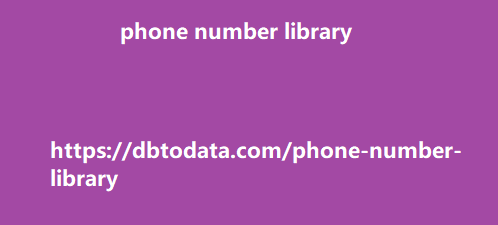It could mean that the user is looking for a picture of a laptop or maybe they’re even looking for a list of the best laptops under $200 and every interpretation in between. But for “best laptops under $200 2021” there’s only one possible interpretation behind the query – laptops under $200 this 2021. This is why we SEOs need to choose our battles properly when trying to decide which queries/keywords to target. With all this information about search intent, the best way to start understanding and delving deeper into this topic is to learn about its different types: Types of Search Intent Informational Intent Informational Informational intent is from those who have a specific query that they want to learn from.
For example, there are those who search
for Virtual Office in Manila. In return, a Landing Page will supply them with the information on what it is and how it can help them in their particular question. Content that is centered on informational intent would mostly consist of facts, significant benefits, history, overviews, summaries, etc. Navigational Intent navigational Navigational content is the type of search intent wherein people use the search engine to go to a specific website. A navigational term would be great if you want clients to find your business instantly. If a broad keyword is from the navigational intent type, chances are that your competitors are also aiming to rank for it so you should generate content that can pull up your ranking and increase your organic traffic.
Transactional Intent transactional
Transactional search intent is for people who are looking to find a site that can give them the best value for their money. As the name suggests, this intent type is focused on the goal of the search query ending in a transaction with both the business and the buyer receiving a benefit from it. Commercial Investigation commercial Similar to the transactional intent but with people looking into more options instead of focusing on one. They may not be ready to buy immediately, but they are investigating which are the best products or services they may purchase in the future. So keywords would be about finding the best plugin, an alternative to a current tool, or just a simple product comparison.
Why Search Intent is Important to SEO
There are three primary reasons why Search Intent is important to SEO: Improved Rankings Google puts importance on search intent since its primary goal is to serve the most relevant and useful results to the users. This means that if you’re serving the right kind of content for the users, then you’re already halfway to the first page of the search results provided that you already have your other factors optimized. Additionally, if you’re serving the right content for the user’s intent, it increases your site’s CTR (clickthrough rate) which is an important factor for Google to rank your page higher. The more clicks you gain by serving the right content increases your chances of ranking even higher since it signals to Google that users found what they’re looking for on your page.
Improved Visits/Conversions When you’re satisfying
the user’s intent, it helps you retain them azerbaijan phone number library inside your website. Providing users with the information or content that they’re looking for stops them from needing to go through other websites to find the information they need. Not only do they stay on your page, but they also engage better since you’ve already given them what they want. This also increases the chances of them converting into leads or even sales since you’ve already provided them with what they needed. Lastly, with this increase in visits, retention, and conversions, users tend to interact more with your site by looking at pages related to the answer they found or other pages they’re interested in.
So, through serving the right kind of content
for the user’s intent, not only did you increase the visits to your site but also gained engaged users that have higher chances of converting. Improved Brand Awareness With the aforementioned reasons, it’s only a matter of time before your site reaches the top of the search results. Not only does this mean improved industry-wide authority and trustworthiness in the eyes of Google, but it also allows your users to become aware of your brand. Always seeing it at the top of search results for related queries, providing the right kind of content will allow familiarity and awareness to develop in the users for your brand. With all these reasons, it’s time for you to integrate the concept of search intent into the different SEO processes you have, and here’s how you can do it: Search Intent Optimized Keyword Research Understanding User Search Intent By understanding how, what, and why people search, you would be able to find the best keywords that would drive organic traffic to any website.
There are many ways to help you understand user
intent for your keyword research, and sign up for a full day of content marketing training some of them are handy tools that you might have used before as well. Here are some of these tools: Google Trends – One of the more effective keyword and content research tools around, Google Trends allows you to see keywords and topics the generate the most buzz in a specific region. You have the option of tracking their statistics over certain time periods, and even compare each topic or keyword side by side. Google Trends Filtered Data Quora – One of the most popular Q&A websites around, Quora is a great place to see user-generated questions that you can use to generate keywords.
Quora is a platform that has been used by numerous
SEO professionals to generate traffic for powder data their content, and now, its questions can be used to formulate keywords. Ahrefs – One of the most effective keyword research tools in the market, Ahrefs is also a great place to find a wide variety of related search terms that you can utilize to formulate terms that would help you generate traffic. you find quality search terms and analyze search intent is by using Answer the Public. You have the option of going through numerous types of queries and question types that users would most likely try out.

